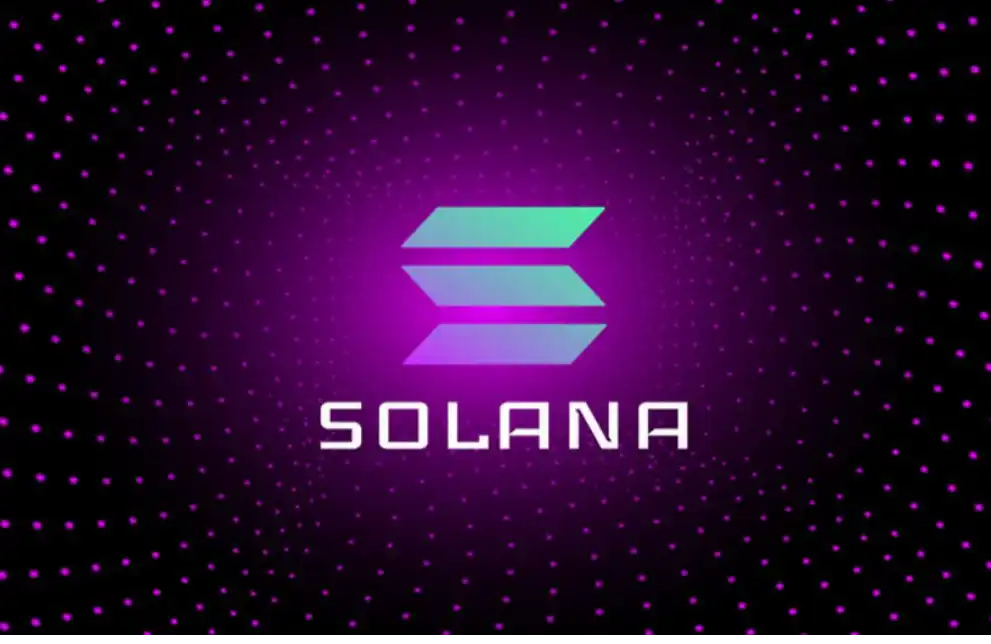India Adopts RBI's Digital Currency, Criticizes 'Unbacked Cryptocurrency'
- RBI-backed digital currency simplifies payments
- Tokenization of deposits via CBDC will be tested
- Unbacked crypto is criticized: “without sovereign backing”
The Indian government has renewed its critical tone towards unbacked cryptocurrencies as it moves forward with plans to issue a new digital currency under the auspices of the Reserve Bank of India (RBI).
During an event in Qatar, India's Commerce Minister Piyush Goyal, announced that the country will soon launch a digital currency directly backed by the RBI, noting that it will offer faster transactions and greater transparency than conventional banking systems.
Meanwhile, the RBI is preparing to implement a deposit tokenization pilot as early as Wednesday, according to Suvendu Pati, general manager of the central bank's fintech department. The project plans to use the wholesale segment of the Indian CBDC as the basis for this tokenization system, in collaboration with several national banks.
Goyal was adamant in distinguishing the new digital system from stablecoin projects: he opposed RBI-backed initiatives that utilize stablecoins, stating that the new system's model will allow transactions "more easily and efficiently." According to him, "This will only make transactions easier. It will also reduce paper consumption and be faster than the banking system," emphasizing that the use of blockchain technology will bring transparency and help reduce illicit transactions.
Regarding the cryptocurrency universe, the minister expressed skepticism: when criticizing Bitcoin and other assets, he said that such currencies have "no backend that guarantees any value." In his view, the government does not encourage non-sovereign-backed cryptoassets, but neither does it prohibit them. "It's something you can do at your own risk. The government neither encourages nor discourages. We just tax them."
Bitcoin, it's worth noting, recently hit new highs above $126,000, according to Coinbase data, at the time these statements were issued.
The RBI's stance has historically been cautious and often hostile toward the cryptocurrency market—having debated outright bans in the past. In 2022, the central bank launched its wholesale CBDC project—the digital rupee—aiming to modernize interbank settlements and reduce transaction costs.
Although the final details of the tokenization project and the new digital currency are not fully understood, the RBI is expected to move forward gradually, focusing on the regulation and security of this new digital transaction ecosystem.
Disclaimer: The content of this article solely reflects the author's opinion and does not represent the platform in any capacity. This article is not intended to serve as a reference for making investment decisions.
You may also like
This year's 30% gains have been completely wiped out, and Bitcoin has fallen into a bear market.
The reversal from the historical highs in October is mainly attributed to fading optimism over US pro-crypto policies, a shift in the macro market toward risk aversion, and the quiet withdrawal of institutional buyers such as ETF investors.

DFINITY founder Dominic: In the Web3 multi-chain era, where is Internet Computer headed?
On-chain, social media, gaming, and the metaverse will all be tokenized.

Explaining the concept of Preconfirmation with Taiko as an example: How to make Ethereum transactions more efficient?
By introducing the concept of preconfirmation, Taiko and many Based Rollup Layer2 projects are building a transaction confirmation system that enables users to confirm transactions more quickly and reliably.

Has SOL Bottomed Out? Multi-dimensional Data Reveals the True Picture of Solana
Despite the ongoing efforts of new chains such as Sui, Aptos, and Sei, they have not posed a substantial threat to Solana. Even though some user traffic has been diverted to application-specific chains, Solana still firmly holds its leading position among general-purpose chains.

